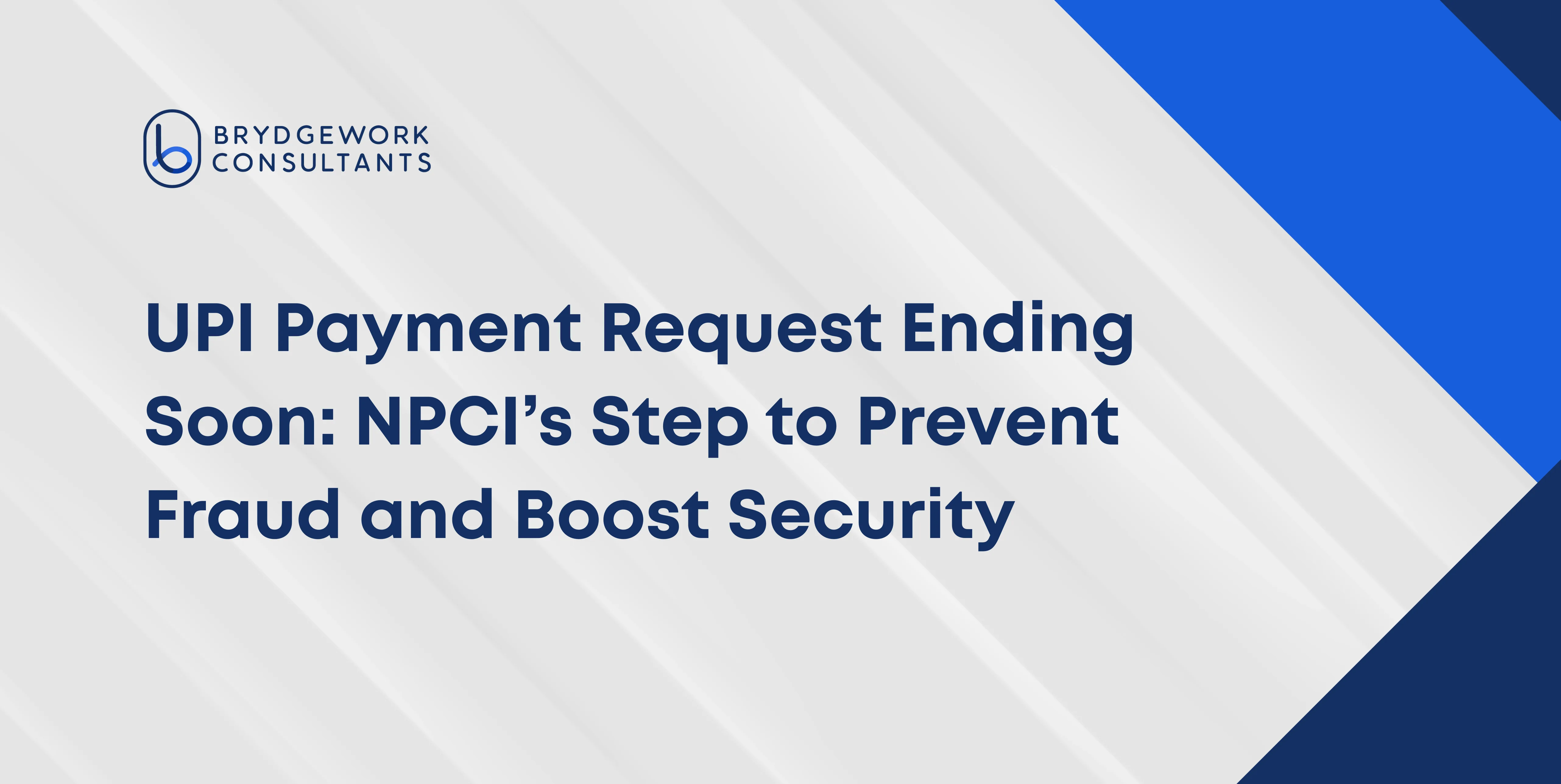
Starting October 1, 2025, the National Payments Corporation of India (NPCI) will permanently discontinue the Person-to-Person (P2P) Collect Request feature on the Unified Payments Interface (UPI) platform. This strategic decision aims to enhance digital payment security by removing a common source of fraud that has affected millions of users nationwide.
The P2P Collect Request, also called a “pull transaction”, allowed UPI users to send payment requests to friends, family, or acquaintances. It was commonly used for:
Recipients could approve these requests by entering their UPI PIN, making the transfer simple and convenient.
Although convenient, the P2P collect feature became a target for scammers. Fraudsters sent fake payment requests pretending to be:
Users, believing these requests were genuine, would authorize payments, leading to instant fund losses. Earlier, NPCI limited collect request amounts to around ₹2,000 to reduce fraud. However, this did not fully prevent malicious activity, prompting the permanent shutdown.
By removing P2P collect requests, NPCI aims to eliminate a major fraud vector, ensuring safer UPI transactions for millions of users.
From October 1, 2025, users should expect:
It’s important to note that this change does not affect merchant-initiated collect requests. Online platforms such as Flipkart, Amazon, Swiggy, and IRCTC will continue to process payments as usual, with secure UPI PIN authorization. This ensures digital commerce remains seamless while P2P security is improved.
NPCI’s move underscores a commitment to balancing convenience and security in India’s fast-growing digital economy. By removing the P2P collect feature:
Verify payment requests: Confirm the authenticity of requests from any source.
Prefer QR codes or direct transfers:Avoid approving unsolicited requests.
Stay updated:Follow NPCI and UPI app provider notifications for new security updates and best practices.
The permanent discontinuation of P2P collect requests is a proactive step by NPCI to make digital payments safer for millions of Indians. While person-to-person convenience is slightly reduced, the move strengthens fraud prevention and ensures that merchant payments remain secure and seamless.
Mark your calendars for October 1, 2025, and adapt your payment habits to enjoy a more secure UPI experience.
October 16, 2024 | Pradeep Upadhyay
Micro, Small, and Medium Enterprises (MSMEs) are the lifeblood of many economies, including India’s. They account for a significant portion…
Read More
August 1, 2025 | Hemant Kumar
Bihar is steadily moving beyond its old BIMARU image. To build on this progress, MSME development must now become the…
Read More
September 24, 2025 | Pallav Singh
With a diverse product suite, a partner-first ecosystem, and a philosophy rooted in long-term value creation, Zoho has become a…
Read More